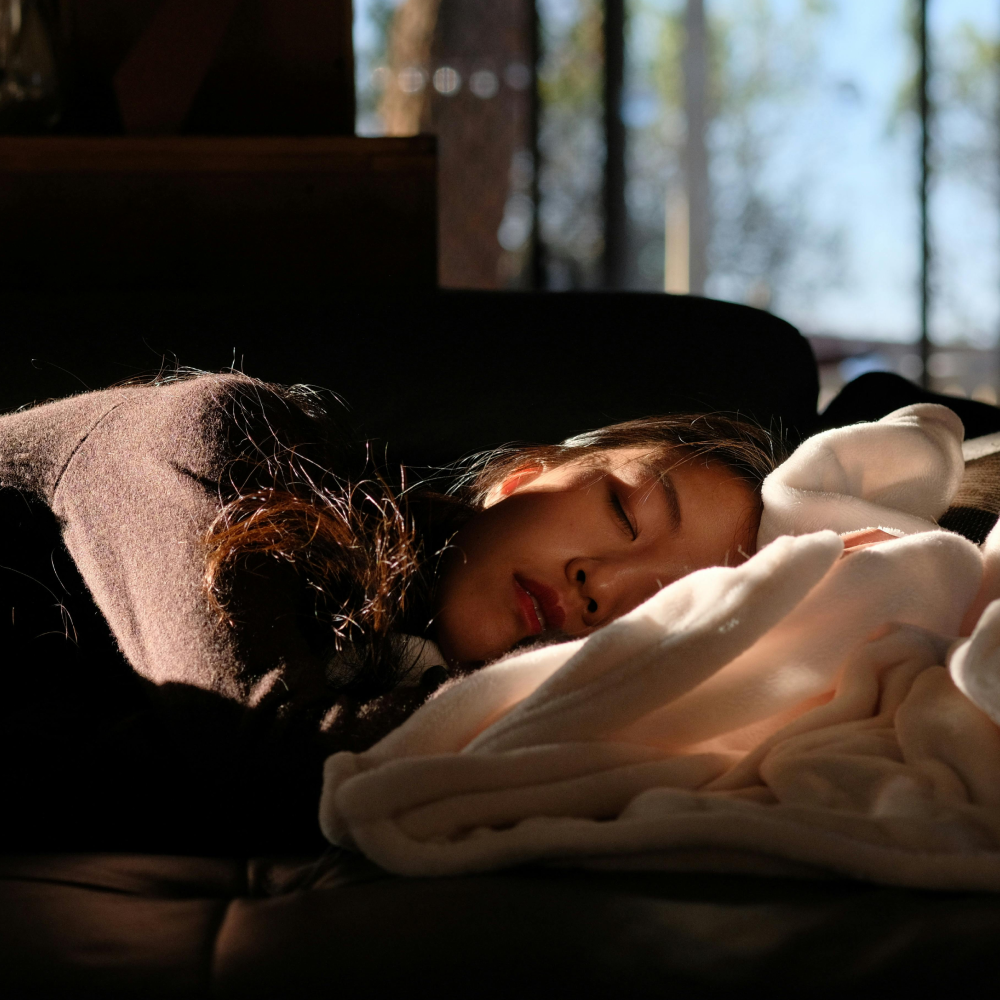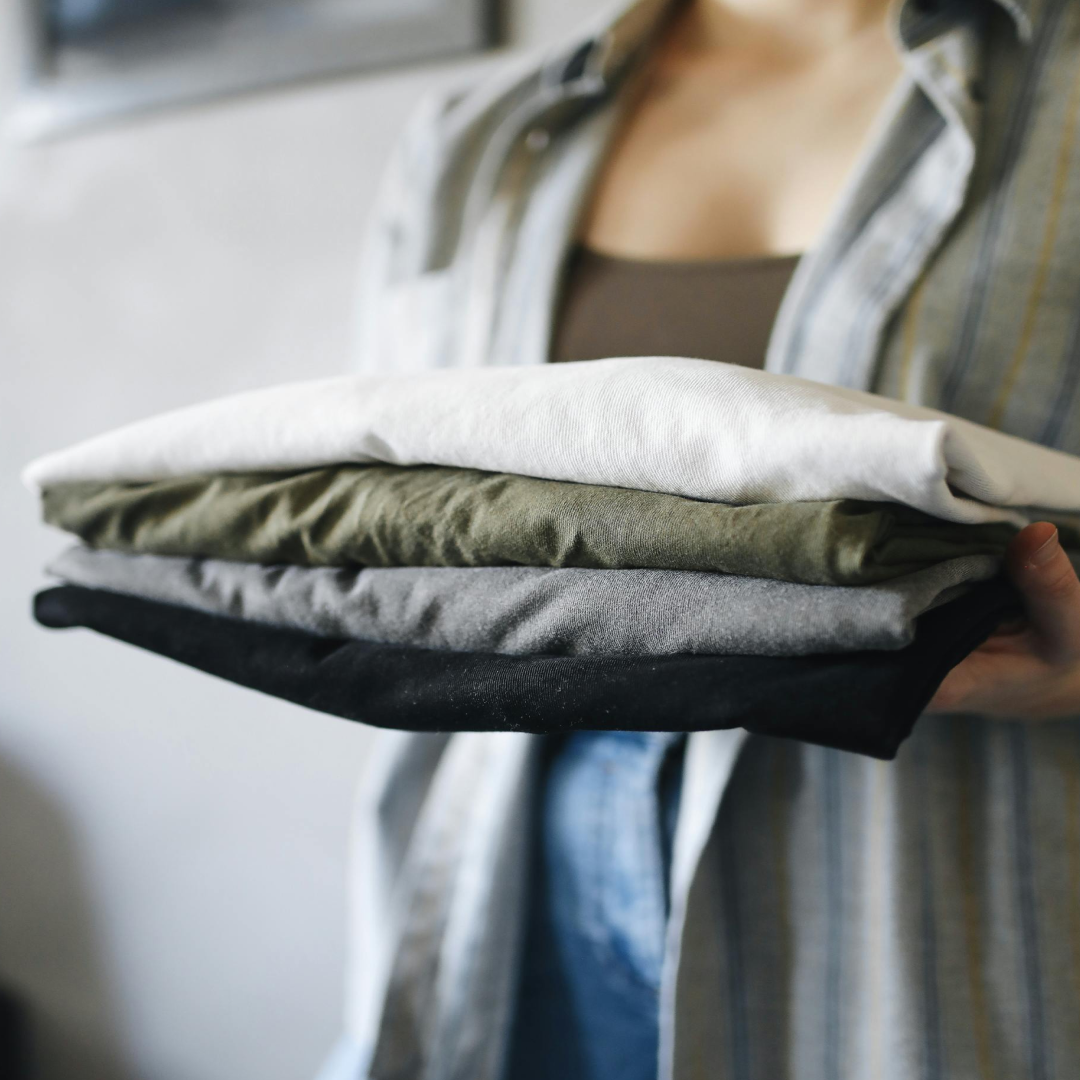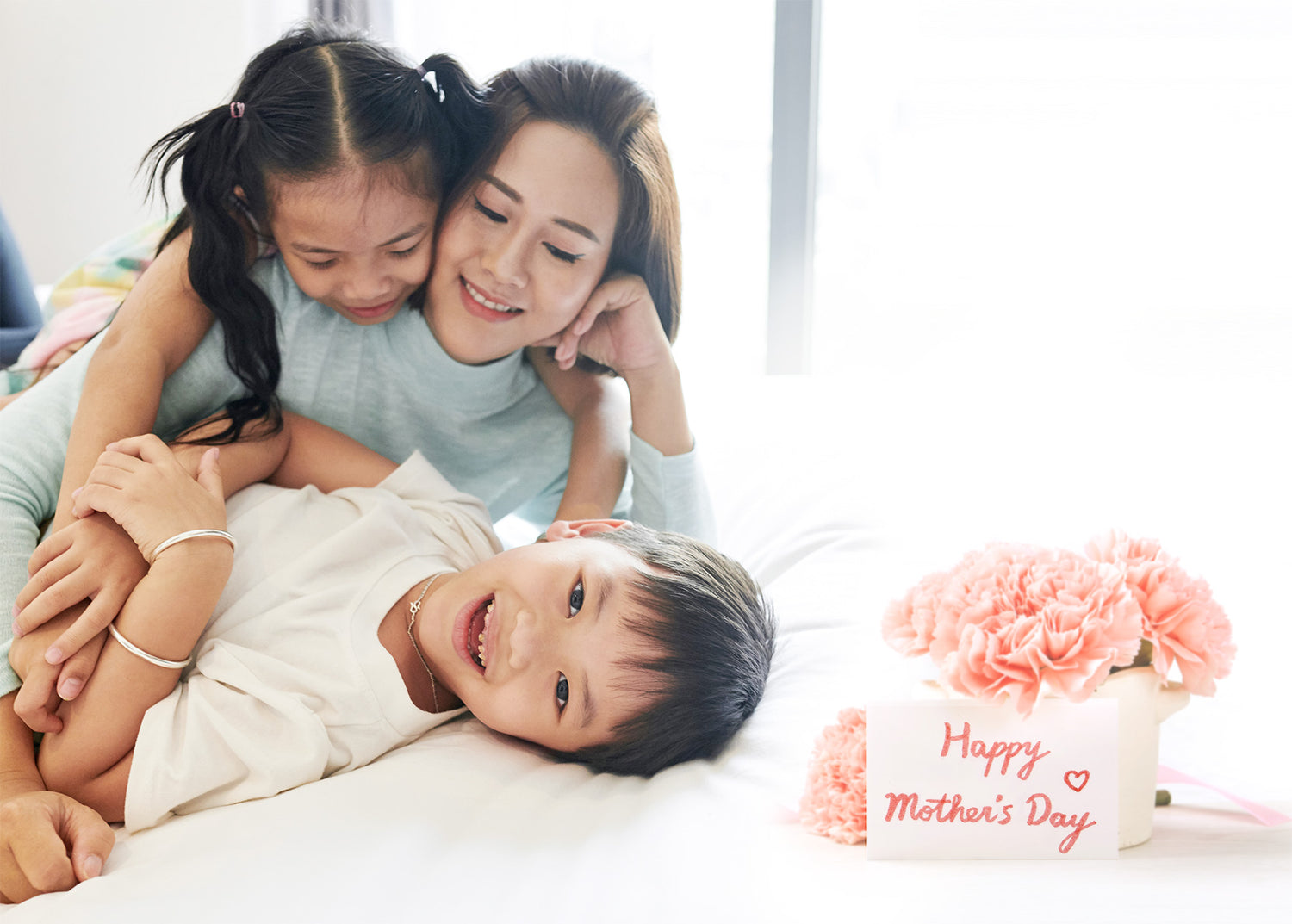
If you’re a bedding enthusiast, you’ll know that these two are often hailed as some of the biggest players in the bedclothes game. Both have their benefits, advantages and selling points, and to answer the question of which one you should choose to spend your nights with is no easy feat, but we’ll try. Read on for our analysis.
Bamboo VS Tencel; Round 1
If you’ve ever had the pleasure of luxuriating in a bamboo sheet, you know how incredibly breathable they are. Plus, they’re icy cool to the touch because of ingenious temperature-regulating properties, which means that you’ll stay cool as a cucumber in our sweltering weather (and toasty warm on frigid, rainy nights!). They’re also renowned for being moisture-wicking mavens, so you’ll never have to bear the brunt of our humid climate. Stuffy? Never heard of it.
Think Tencel and you’ll think of lightweight, breathable material. Engineered to not collect as much odour and bacteria as other heavier fabrics, it’s made out of nanofibrils (teeny, tiny fibres) which are hydrophilic, giving it top-tier moisture-absorbing superpowers. Sweat? Wicked. Moisture? Wicked. Late-night accidents? Wicked (but we still suggest you wash your sheets. Tencel is designed to require less washing than other materials, but we draw the line here).
Bamboo VS Tencel; Round 2
Bamboo sheets are made from bamboo (duh). Specifically, the bamboo plant fibres are spun into yarn, processed into threads, and finally woven into silky-smooth sheets. Given that bamboo is one of the fastest-growing trees, they’re extremely sustainable to grow, do not require excessive irrigation, and also do their part to absorb carbon emissions from the atmosphere. They’re also treated and produced without harsh chemicals, making them a great, environmentally-friendly choice.
Tencel sheets are also remarkably eco-conscious. Lauded for their light environmental footprint because of their sustainable production, they consume less energy and water during production as compared to conventional cotton. Tencel is a material made from a plant-derived fibre, so rest assured that it’s biodegradable and sustainable. Because it’s pure white when produced, it requires no bleach and minimal dye or harsh chemicals. Yay!
Conclusion
We’ve got good news and bad news. The bad news? There’s no clear champ. Both are winners in our eyes, and asking us to choose one over the other is like asking us to choose a favourite child. The good news? We’ll be launching bamboo sheets this November! And we also launched NANO Bamboo Towels. We know, we’re squealing with excitement too. Watch this space for more updates.




